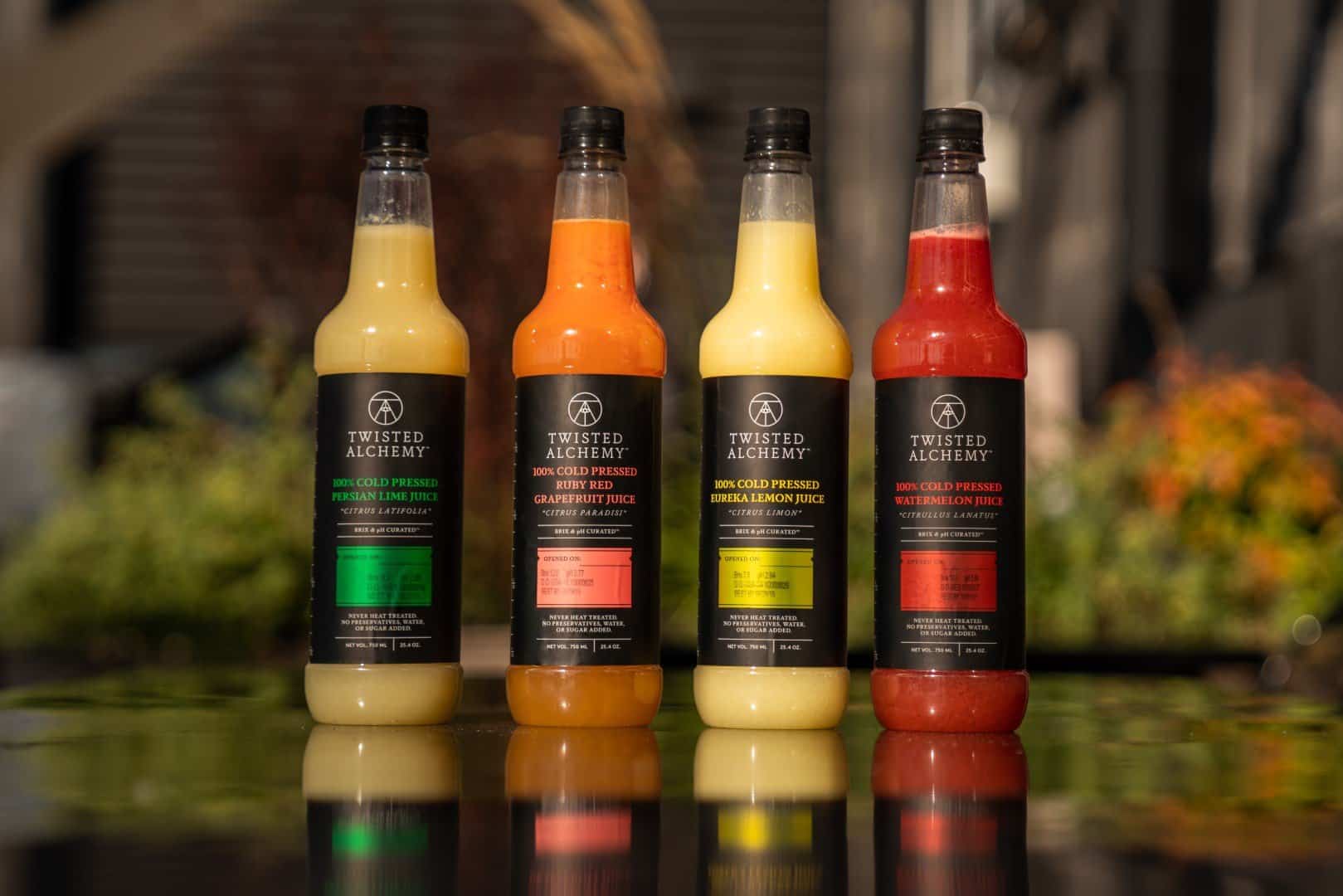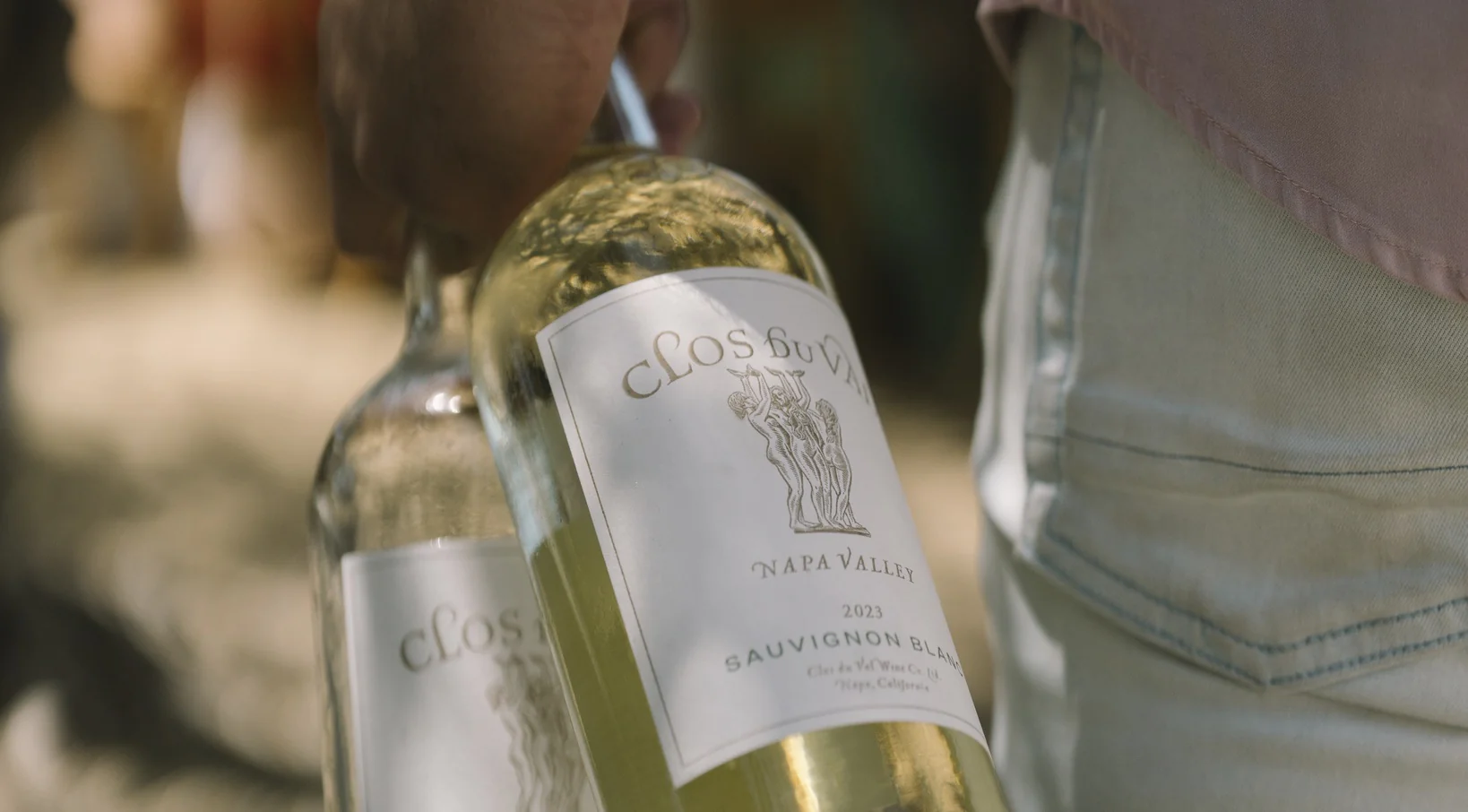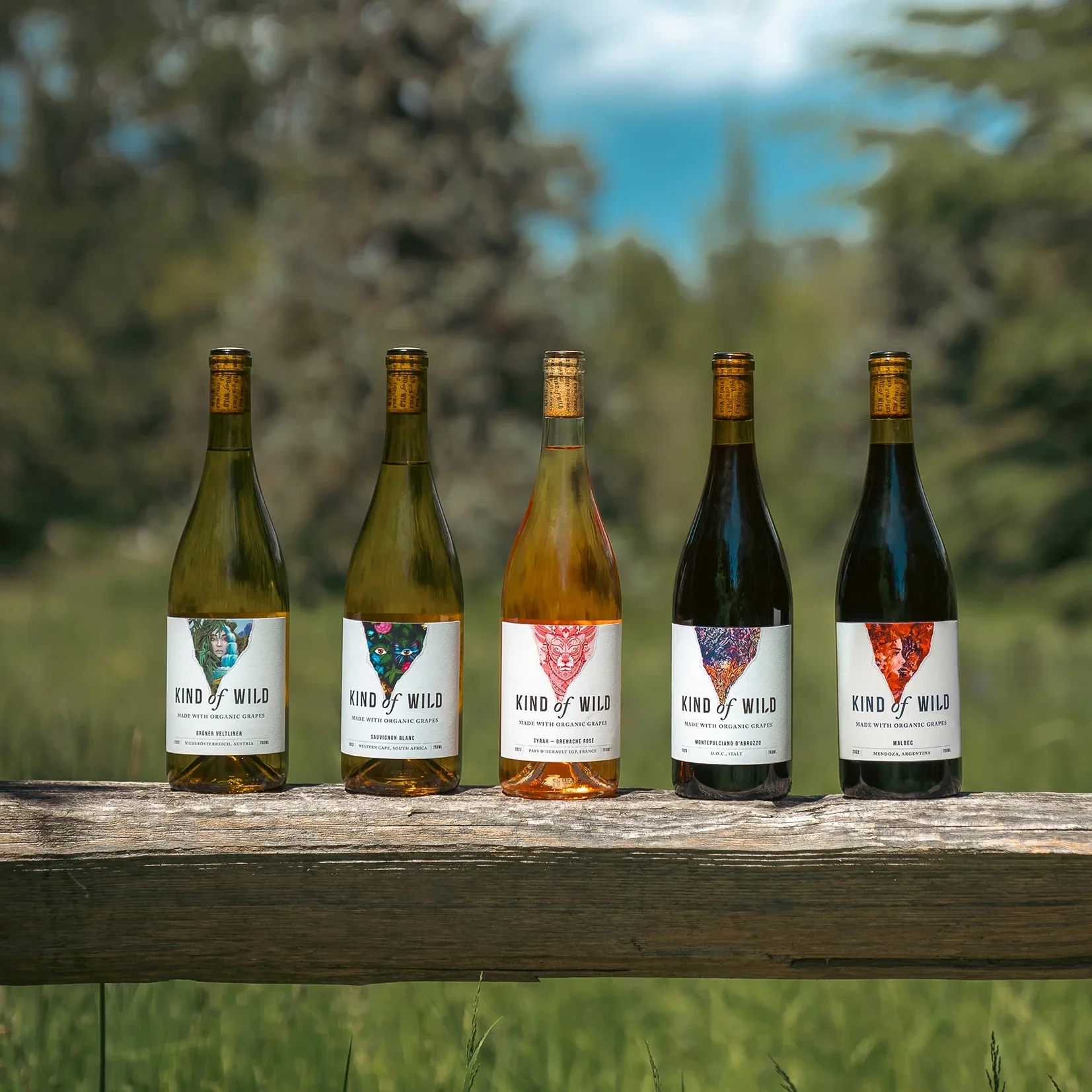Home
Beverage
Direct-to-consumer (DTC) beverage brands are revolutionizing how consumers access and enjoy their favorite drinks, disrupting traditional distribution channels. Brands like Dirty Lemon offer a unique approach by allowing customers to text their orders, prioritizing convenience and personalization. Ritual Zero Proof caters to the growing demand for alcohol-free alternatives, providing a DTC option for consumers seeking healthier choices. What sets DTC beverage brands apart is their agility in responding to consumer preferences, offering a wider range of options, and delivering directly to consumers' doorsteps. They streamline the buying process and often focus on premium quality, creating a more intimate and customized experience for beverage enthusiasts. In an ever-evolving market, DTC brands play a vital role in reshaping the beverage industry and meeting the evolving needs of consumers.

Oaktown Spice Shop offers an artisanal selection of fresh spices, herbs, and custom blends designed to elevate home cooking and beverages. Their products range from single-origin spices to curated gift boxes and boutique tea blends, with a focus on flavor, freshness, and culinary inspiration.

Twisted Alchemy makes artisanal cold-pressed juices and cocktail mixers that bring bold, natural flavor to drinks and recipes. Their juices are made without preservatives and designed to elevate both professional and at-home beverage preparation.

Black Rifle Coffee Company is a veteran-founded business known for its premium coffee and commitment to supporting military, law enforcement, and first responder communities. They offer a wide range of coffee roasts, apparel, and gear, aiming to serve both quality coffee and a message of patriotism and service. Their product line includes unique and bold roast profiles, catering to a diverse audience of coffee enthusiasts while also actively engaging in community support and veteran causes.

TRIP produces premium CBD-infused drinks and oils designed to promote calm, focus, and relaxation without compromising taste. Their range includes sparkling beverages and wellness products crafted with natural ingredients and no added sugar. The brand blends functionality and flavor to redefine modern wellness and mindful living.

Clos Du Val is a family-owned Napa Valley winery founded in 1972, renowned for its Bordeaux-style wines, particularly Cabernet Sauvignon and Merlot. The estate focuses on sustainable farming, meticulous winemaking, and expressing the character of the Stags Leap District. With a legacy rooted in elegance and craftsmanship, Clos Du Val remains a pillar of California’s fine-wine heritage.

Kind of Wild Wines is an organic, vegan, and sustainable wine company offering globally sourced wines that are certified organic from grape to glass. The brand partners with eco-conscious vineyards around the world to deliver exceptional quality while supporting soil health, biodiversity, and climate action. Their mission is to make great wine that’s better for both people and the planet.